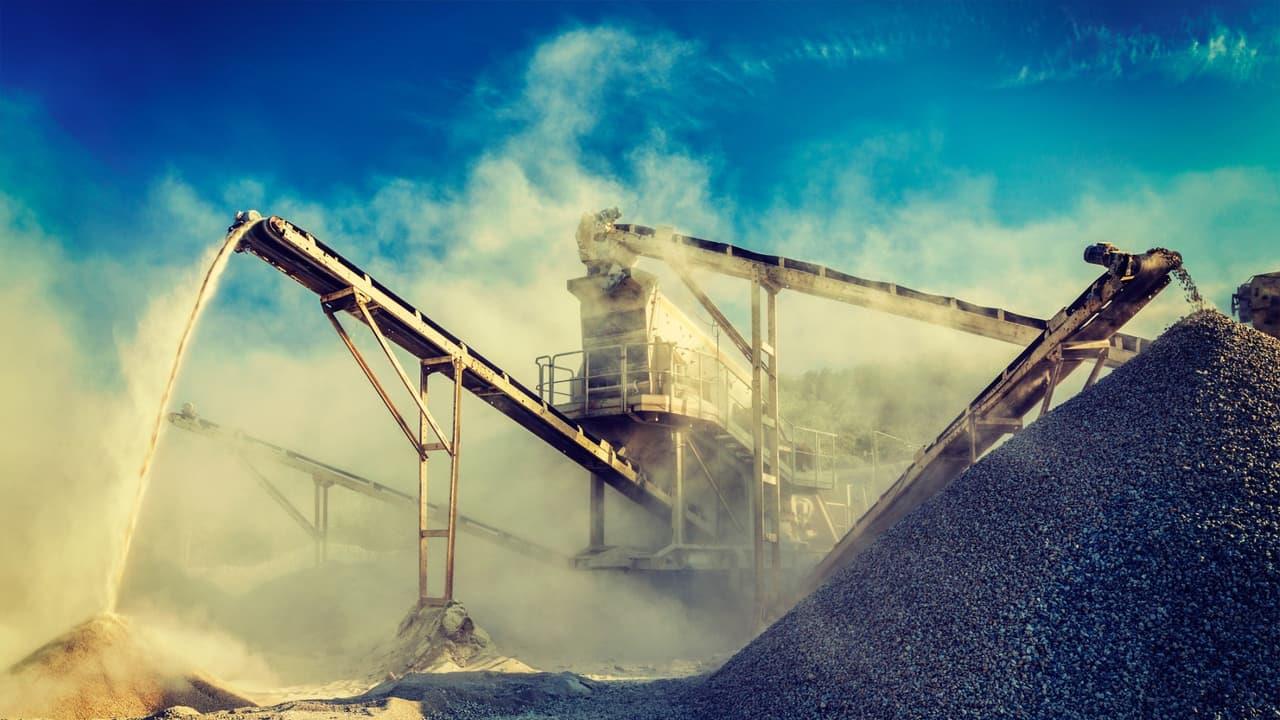
Myanmar's Shan State At Serious Environmental Risk As China Drives Dangerous Mining Surge
Mining activity has surged dramatically in Myanmar's eastern Shan State, led by the China Investment Mining Company - a venture strongly backed by Beijing. The company is expanding rare earth and gold extraction along the Kok River near Mong Yun in Mong Hsat Township. This exploitation, driven largely by Chinese interests, threatens Myanmar's natural resources, transboundary rivers, and the well-being of ethnic minority communities that depend on these ecosystems.
According to the Shan Human Rights Foundation (SHRF) report dated 28 October 2025, the mining boom stems from a 2022 joint venture between China's state-backed Xiamen Tungsten Corporation and Chifeng Gold, China's largest private gold producer. The Mong Yun mining area is jointly controlled by the Myanmar military junta and the United Wa State Army (UWSA), whose authorisation has enabled unchecked expansion despite serious environmental and social risks.
Satellite imagery from October shows widespread deforestation on hillsides upstream of the mining zones, along with newly built roads and mining infrastructure near the Thai border. The companies use the hazardous in-situ leaching technique, which injects toxic chemicals into the soil to dissolve and extract rare earth minerals. This process contaminates the Kok River, a key tributary of the Mekong River, which sustains millions of people across Southeast Asia. Thai authorities monitoring the river since April 2025 have detected arsenic and lead levels frequently exceeding safety limits - endangering over a million residents in northern Thailand and ethnic communities downstream in Myanmar.
Severe Impacts on Myanmar's People and Environment
The mining rush poses grave risks to the livelihoods of Myanmar's communities, particularly ethnic minorities in Shan State who rely on clean water, fertile soil, and forests. Chemical contamination threatens agriculture, fisheries, and drinking water sources, deepening poverty, malnutrition, and health crises in already vulnerable areas.
The destruction compounds existing hardship caused by years of ethnic conflict and political instability. The junta's complicity - alongside that of the UWSA - in approving mining operations without safeguards has eroded trust and left communities exposed to displacement and exploitation.
The ecological impact transcends Myanmar's borders: contaminated water flows through the Mekong basin, endangering shared ecosystems across Southeast Asia. Yet profits overwhelmingly benefit Chinese companies and Myanmar's military, leaving local communities to bear the environmental and social cost.
China's Role and Myanmar's Sovereignty in Jeopardy
China's expanding role in these ventures raises serious questions about Myanmar's sovereignty and environmental integrity. State-backed Chinese enterprises have pursued mining projects with minimal regard for sustainability or host-country rights - part of Beijing's broader strategy to secure critical raw materials across Southeast Asia to feed its industrial demand, often at devastating local cost.
Myanmar is paying the price for China's unrestrained approach. Projects are pushed through without transparency or accountability, advancing China's economic agenda while undermining Myanmar's sovereignty and ecological security. If left unchecked, this exploitation could inflict irreversible damage on Myanmar's rivers, forests, and biodiversity - and by extension, on millions of people who depend on these interconnected ecosystems across national boundaries.
Urgent Need for Governance Reform and Global Accountability
Myanmar's authorities and ethnic leadership must urgently intervene to prevent further environmental and social devastation. Policy reforms are essential to ensure transparent approval of mining projects, enforce environmental regulations, and involve affected communities in decision-making. The current tacit approval of Chinese mining by the junta and allied armed groups reflects blatant disregard for environmental protection and human rights - a situation that must change.
Empowering ethnic communities to safeguard their lands and water resources is vital to prevent mining from aggravating local grievances, triggering displacement, and undermining fragile peace. The government should suspend all mining expansion in environmentally sensitive areas until thorough impact assessments are completed and free, prior, and informed consent is obtained from local populations.
The international community must also confront China's reckless extractive expansion, which endangers peace, rights, and sustainability across Southeast Asia. Regional governments, environmental bodies, and human rights organisations should demand transparency, accountability, and responsible investment practices from Chinese state and private actors. Because pollution and ecological collapse respect no borders, this is a collective regional responsibility.
Unchecked exploitation risks triggering ecological collapse, health emergencies, and long-term impoverishment for Myanmar's ethnic populations and beyond.
Defending Myanmar's Land, Water, and Future
China-backed mining expansion in Shan State poses a severe threat to Myanmar's environment, people, and sovereignty. If left unregulated, it will poison rivers, destroy ecosystems, and endanger generations of ethnic communities. Myanmar's governance must act decisively - regulating mining, enforcing environmental protections, and empowering local communities to defend their resources.
Simultaneously, global actors must hold China accountable for predatory practices and demand ethical standards in its overseas ventures. Safeguarding Myanmar's land and water is essential not only for the dignity and survival of its people but also for maintaining regional ecological balance and justice.
Legal Disclaimer:
MENAFN provides the
information “as is” without warranty of any kind. We do not accept
any responsibility or liability for the accuracy, content, images,
videos, licenses, completeness, legality, or reliability of the information
contained in this article. If you have any complaints or copyright
issues related to this article, kindly contact the provider above.


















Comments
No comment